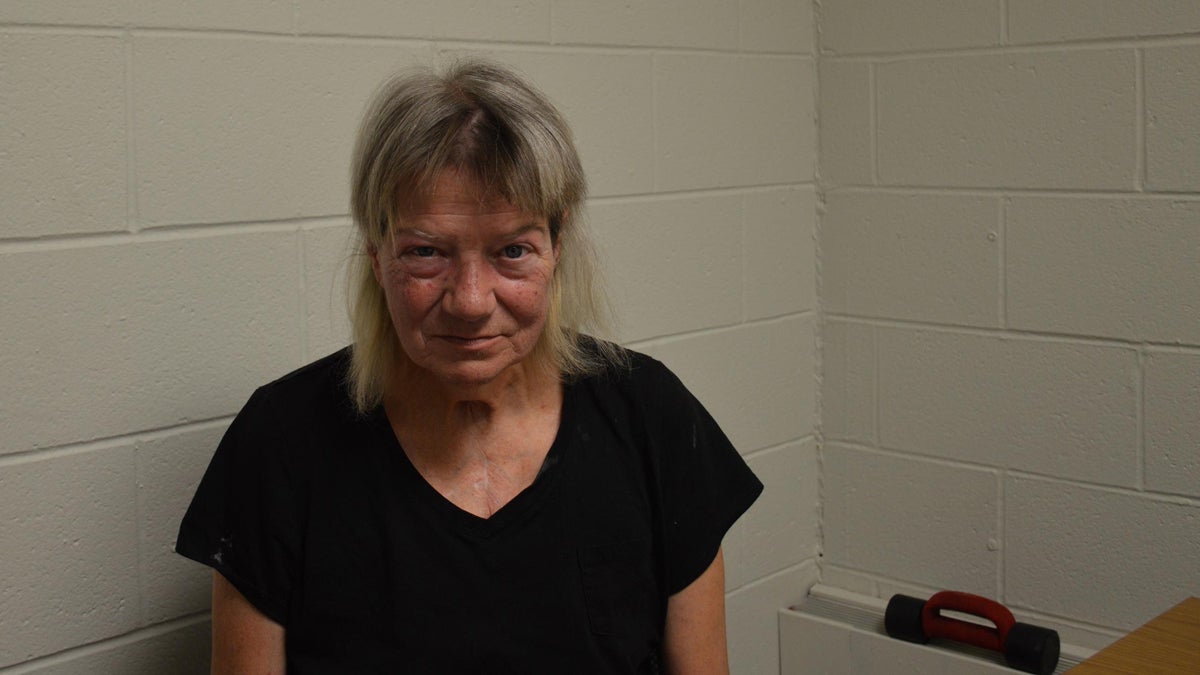Crozer-Keystone tailors treatment to help ‘super users’

Delaware County resident Patricia Welsh visits the doctor less often and moved out of a stressful living situation since joining the Crozer-Keystone program for 'super users' (Image courtesy of Crozer-Keystone Health System)
A family practice affiliated with Crozer-Keystone Health System is trying a “high touch, low-tech” approach for a certain population of patients sometimes called “frequent fliers” or “super users.”
Dr. Bill Warning leads Crozer’s Healthcare Hotspotting and Superutilizer Fellowship. The program trains two doctors each year care to care for people who are in and out of the doctor’s office, people who are familiar faces in the emergency room.
“These patients needed more,” Warning said. “They needed more time, they need more team members involved and they needed more coordination of care.”
They are also patients who rack up very high medical bills — for the entire health system, insurance companies and themselves.
The team approach to “super-user” care has been fine-tuned by the Camden Coalition of Healthcare Providers. It offers social services — as well as medical care — to help patients become stable and healthy.
When Crozer launched its program two years ago, Warning got some guidance from Dr. Jeffrey Brenner, who leads the coalition in Camden.
“He said this to us, it will be easier for you to do this at Crozer-Keystone ’cause you are all wired, everyone connects to each other. Specialists are in the same chart, in the same hospitals. We have hospital records, outpatient records all together,” Warning said.
Before joining the “super users” program, Patricia Welsh of Delaware County said she had trouble figuring out which medications she needed to take when. Then, a Crozer doctor started visiting her every week to talk it all through.
“She’s more than a doctor, she’s my friend,” said Welsh, 57. “She helped me to overcome a lot of my depression and figure out the right medicine for my depression. I just couldn’t believe an MD would still come to your home.”
Some might hesitate to have team of medical professionally visit you at home, but experts say that sort of intimate knowledge helps the pros solve problems that led can lead to better health.
Welsh said her doctor looked beyond her occasionally untidy house and granddaughter’s toys strewn about.
“She didn’t care. It didn’t faze her at all,” Welsh said. “She came, sat down and talked to me, and we got busy.”
Welsh has not had any visits to the emergency room since November.
Welsh’s care team also included a pharmacist and social worker.
When she was struggling to manage a slew of prescription drugs, her doctor asked the pharmacist to package Welsh’s meds differently. Now she leaves the pharmacy with a blister pack of medicines grouped together — some for morning, others for night.
Welsh said she also got support to move out of a housing situation that was stressful.
The Crozer “super-user” program has enrolled about 30 patients in two years.
The health system helps pay the added cost for the new approach to care, Warning said, and a grant from the Camden Coalition of Healthcare Providers paid for some early physician training.
WHYY is your source for fact-based, in-depth journalism and information. As a nonprofit organization, we rely on financial support from readers like you. Please give today.

